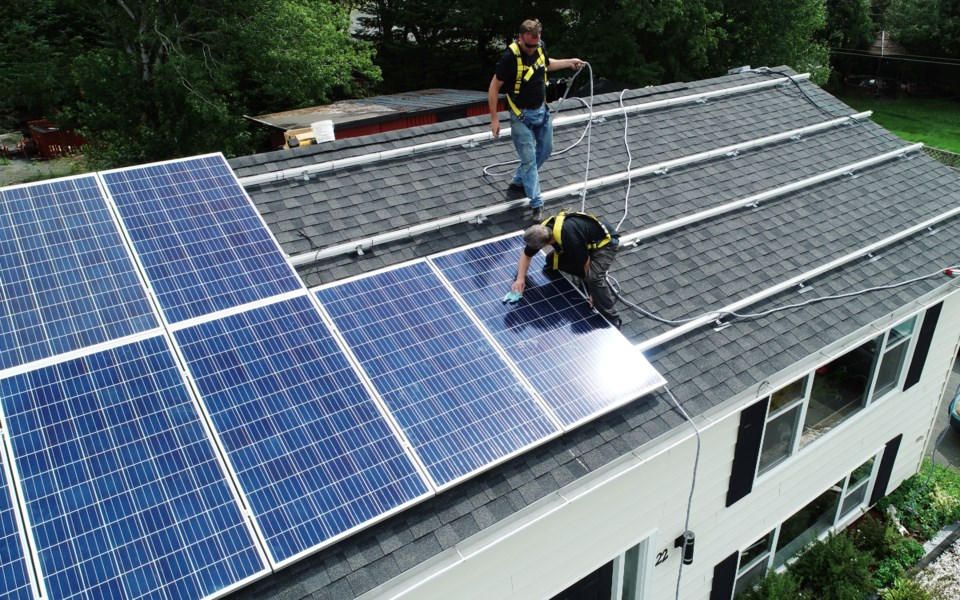This week, Sudbury became the latest level of government in Canada and around the world to declare a state of emergency over the climate crisis.
One of the city councillors stated bluntly, “The world is changing. And to my understanding is that it's going to be changing faster than we'll be ready for. The brunt of many of those changes will be felt most on the local level and municipalities will be the first responders of many of the challenges to come.”
Bradford West Gwillimbury needs to make its own plan to combat the climate crisis and put in place adaptation measures to address the increased risks of flooding, fires, droughts and even things like invasive-species management.
We live today not in a world that is awaiting climate change, but one that is now actively and already dealing with the climate crisis. Look no further than the irony this week of the Alberta premier being forced to cancel a press conference about the carbon tax because the smoke from massive wildfires was too thick.
I am a big fan of Mayor Rob Keffer; I managed his two mayor election campaigns for a reason. Rob’s an environmentalist, a conservationist who comes by it from his background as a local farmer.
In his first term, town council took a handful of disconnected but effective measures to protect our environment. Some, like changing streetlights over to energy-efficient bulbs, saved money as well as reducing emissions of greenhouse gases. Others, like doubling the number of trees planted, are simple but effective ways to help filter our air natural.
But the time for sensible but nonetheless small measures is over.
The town might consider declaring an emergency like other jurisdictions, but more than simply the symbolic, council should put together a coherent and comprehensive climate-change plan.
The measures are important but they are not exactly novel. It’s a bit of an “eat-your-vegetables” approach.
Here are a few ideas, in no particular order:
- All lights in town buildings should be energy efficient.
- Investigate solar panels or green roofs for all municipal buildings, too.
- Ensure public parks have lots of trees, and perhaps pass a bylaw that new houses do not just have a sapling planted out front of the house, but mandate one for the backyard, too.
- Keffer doubled the number of trees planted in his first term compared to the one previous, and it was hardly a major expense; why not double the amount again?
- Look at buying or leasing electric vehicles for our various town-owned auto fleets.
- Keep building up trails and public transit, as needed.
- Support the conservation authority, including investing in Scanlon Creek’s ambitious plans, and stand up to urban sprawl aggressively.
- Look to ensure building projects supported by the Community Improvement Plans also incentive using the most eco-friendly materials and even help subsidise energy-efficiency audits and retrofits on those same projects.
- Even host more community cleanup days.
Town engineers no doubt already have plans to ensure infrastructure is built in a climate-resilient manner. They should inform the public of those measures so we’re aware of how our local experts are preparing to adapt to the extreme weather that’s now all too real.
Such an overall climate plan could combine many different ideas into a clear strategy that shows we know we must do our part to minimise the impact of the crisis we face.
Bradford West Gwillimbury is small but we have an effective town council that has done an admirable job of taking on tough challenges. They are all gentlemen who care about the environment and have supported various measures in the past. Now they have a chance to pull things together and develop a strategy that draws on our farming heritage as a town to protect the planet for my generation and those to come.
Jonathan Scott is a public affairs consultant and writer, who has managed election campaigns for several politicians around Ontario, including BWG Mayor Rob Keffer.



